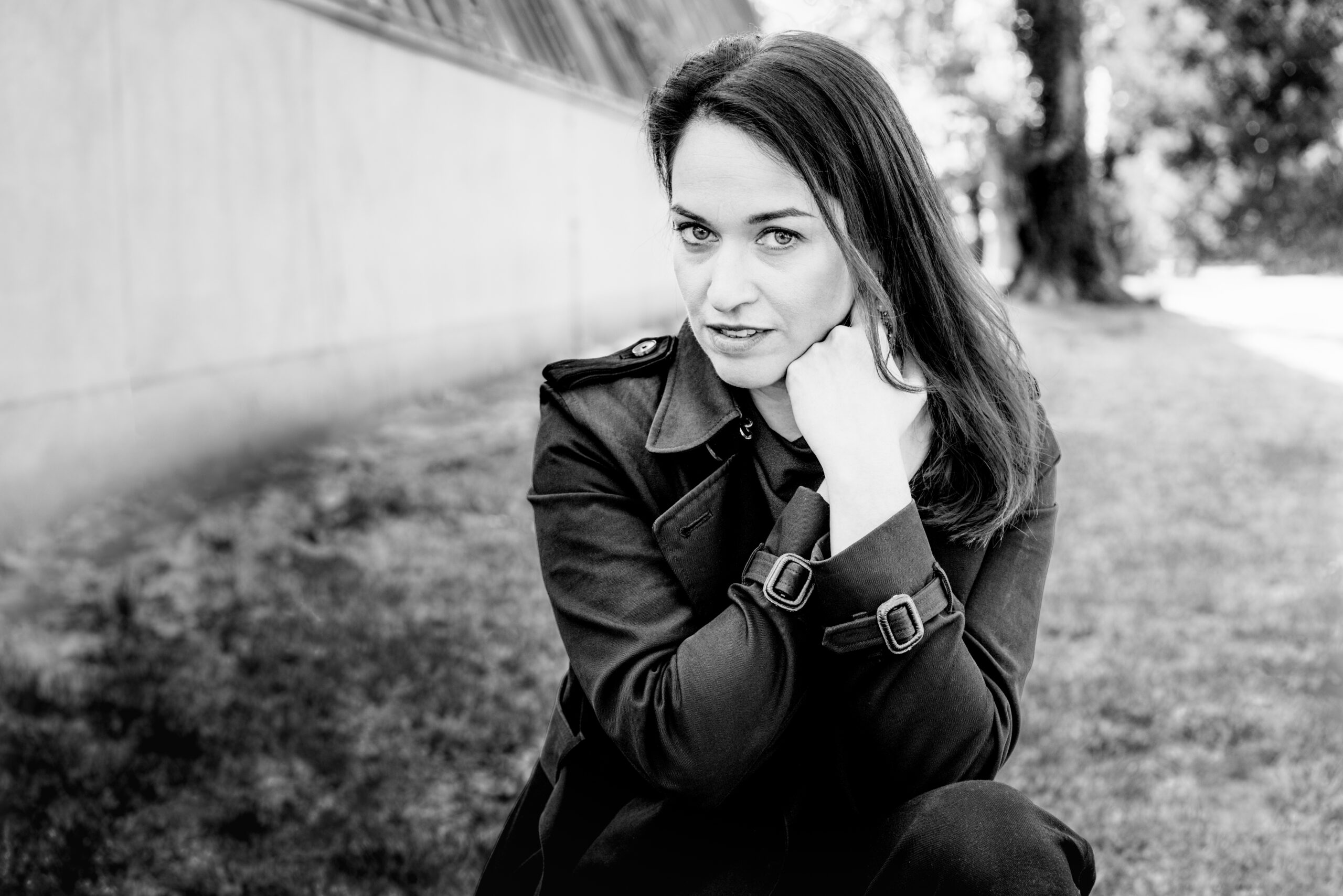Anne Wieben & Deirdre Brenner – „Waitin'“
Konzert
Anne Wieben & Deirdre Brenner - Waitin'
07.03.2021 18:00 Uhr
Waitin’ – 4 Cabaret Songs by William Bolcom
Black Max
Toothbrush Time
Waitin’
George
Anne Wieben, Sopran
Deirdre Brenner, Piano
Text by Dr. Chanda VanderHart, Universität für Musik und darstellende Kunst Wien, Institut für Musikwissenschaft und Interpretationsforschung
“Decorated American composer William Bolcom, born in 1938, has been consistently interested in blurring the lines between high and holy classical music and more mainstream genres, from jazz to musical theatre to film music idioms. He studied with both Darius Milhaud and Olivier Messian, but found his unique voice, receiving the Pulitzer Prize, the National Medal of Arts, and a Grammy Award. He has also been exploring musical constructions of gender and sexuality for decades, through a variety of his compositions.
While instrumental compositions, such as his 1984 composition Lilith (1984) for alto saxophone and piano explores a figure depicted as the first woman — pre-Eve — and a demon, evoking embodiment and evocations of desire, it is arguably in his four volumes of Cabaret Songs where Bolcolm explores issues of gender and sexuality most directly. Based exclusively on texts by American poet Arnold Weinstein, Bolcolm offers a specific female voice — one capable of communicating a range and depth of character — exceptional characters to vocalize. He also deals with gendered issues largely seen histoircally as taboo in art, including overt seduction, sexual regret, homosexuality, prostitution, femicide, gender non-conformity, and gender based violence, all with a wry humor and lightness that keeps them audience favorites and modern American classics.
Volume 1 contains both “Waiting” and the “Song of Black Max (as told by the de Kooning boys)” while volume 2 houses both “George” and “Toothbrush Time”. Both volumes were written 1977 to 1985, and both were premiered in New York with the composer at the piano, and his wife and longtime collaborator, mezzo soprano Joan Morris at the helm. The pair have recorded 25 albums together, all in the American songbook/cabaret/early 20th century cabaret style, an intimate artistic partnership. Her vocal timbre, strengths and performative style heavily inform any sensitive composer’s writing, and Morris should rightly be seen as a co-creator of these songs, which were not only first embodied by her, but informed by her vocal idiom.
“Black Max”, according to the composer, was actually based on a memory recounted by the painter Willem de Kooning who — with other post-WWII era artists in his posse, were called the de Kooning Boys. During his time in Amsterdam, de Kooning apparently heard tell of a slender, tall, elusive harbinger of death, known locally as Black Max. Weinstein paints a picture of a gritty, sooty red light district where prostitutes “dressed in curls like little girls” are frequented — or perhaps stalked — by Max in their “little dollhouse jails.”
“Toothbrush Time” paints a modern, cyclical story of sexual requirement, shame, mild repulsion, awkward embarrassment and renewed… let’s use the word desire for lack of something more fitting. Our protagonist explores her feelings the morning after, in the cold light of day, with regret and mild horror. Upon being freed from obligations and faced with being alone, finds herself agreeing for another tryst that very evening.
“Waitin’” is a gorgeously sleek number, where the longing of the text seems almost contradicted by the warmth and register of the vocal line as it opens and closes. The text purports being alone, and waiting for something deep in the soul and deeply human — companionship, fulfillment, love or partnership — but upon reflection the listener notices that the right hand of the piano has been doubling the voice throughout. The lyrical “I” of the singer was never left alone; neither melodically, nor left unsupported by Bolcom’s rich harmonic accompaniment.
“George” tells the tale of a man who prefers to identify as Georgia, wears beads and brocade and loves an excellent cocktail hour. Despite George’s biological sex, the song generally suits the female voice better for a number of additional reasons. First, George loves an audience and sings regularly — so the song tells us — but the sole named number is Liu’s “Un bel di vedremo”, a soprano aria from Puccini’s Madame Butterfly . The aria is sung by Butterfly, aka Cio-Cio San, as she dreams of her military lover, Pinkerton, to return. Like Butterfly, George’s song and trust are both to be sorely disappointed by a military man in a deeply visceral manner. Secondly, as a longtime fan of Ru-Paul’s Drag Race, the number of women who show up to support their gender fabulous sons in all their besparkled glory massively outweighs their male family members. If any of George’s family darkened the doors at his funeral, this author would put money on it being a mother, an aunt or a sister.
Spendenaufruf:
Der gesamte Erlös der Aufführung am Sonntag geht direkt an
AÖF – Verein Autonome Österreichische Frauenhäuser,
einem Netzwerk von autonomen Frauenhäusern in ganz Österreich.
Warum? Weil Österreich eine der höchsten Raten an häuslicher Gewalt in der EU hat.
Wussten Sie, dass laut einer aktuellen Studie:
- 29,5 % der befragten Frauen in Österreich Opfer von sexuellen Übergriffen geworden sind?
- 56,8% körperliche Gewalt erfahren haben?
- der Großteil dieser Misshandlungen – 90% – von einem Familienmitglied/Partner/Vertrauensperson verübt wird?
Mehr noch, aufgrund der Pandemie wird erwartet, dass diese Zahlen exponentiell höher sein werden, sobald die Daten von 2020 gesammelt werden.
Die AÖF bietet allen Frauen und Kindern, die Opfer eines solchen Missbrauchs geworden sind, einen sicheren Raum, kostenlos und frei von Verurteilung oder Scham. Ein Ort für Opfer aller Nationalitäten, Religionen und Hintergründe, um wieder auf die Beine zu kommen und ein neues Leben zu beginnen, eines ohne Gewalt.
Diese Organisation ist stark unterfinanziert – jeder Cent hilft.
Zum Spenden bitte diesem Link folgen:
https://www.aoef.at/index.php/finanzielle-unterstuetzung?gewaltfrei-leben/spende







